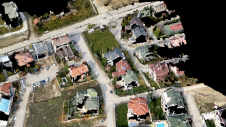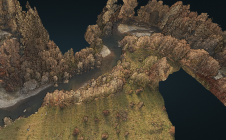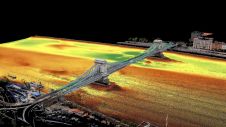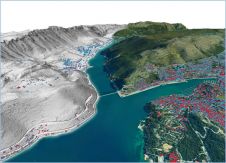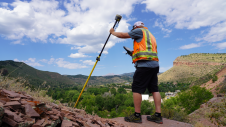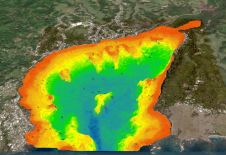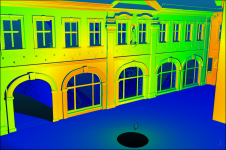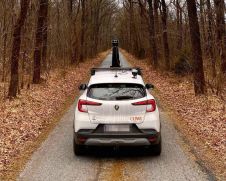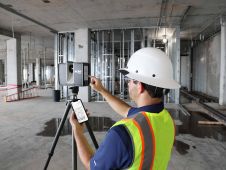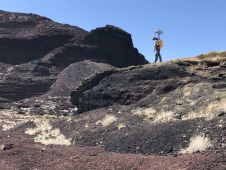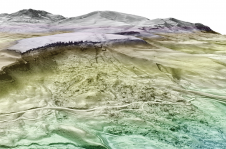The Deed System Revisited
When it comes to registration of properties, we all know that the two big mainstream systems are the deed system and the title system. To put it simply, the first records deeds of transfer of property rights and the second records property rights themselves. In the first case, the role of the land registrar is ‘passive’, as the registrar is not mandated to verify whether the transaction indeed legally conveys a property right from seller to buyer. Providing the deed submitted for recordation complies with a few formal requirements, the registrar records the deed. In the title system, the role of the land registrar is ‘active’, as the law obliges the registrar to investigate whether the transaction legally conveys a property right. Only after having concluded that this is indeed the case will the registrar issue a property title to the buyer. Although deed and title systems occur in a variety of forms, the fact that a title is normally a property right guaranteed by the state is generally considered to be better, since it constitutes a more authoritative property right than deed registration does. This common knowledge came to mind when I was listening to the presentations on crowdsourcing and on voluntary information for land administration systems, as delivered by renowned experts such as Robin McLaren (UK), Peter Laarakker and Walter de Vries (The Netherlands) at the last two FIG Working Weeks (Marrakesh 2011 and Rome 2012). McLaren, who is also the author of the RICS Research Report November 2011 on this issue, urged policymakers to seriously consider crowdsourcing, since globally some 4.5 billion out of an estimated 6 billion land parcels are still unrecorded, which is disadvantaging holders of (I would say: whatever form of) ownership rights. Recognising this, the approach has my full support. Crowdsourced information about parcels and boundaries is one thing, but what about the other: a decent recordation of right holders themselves. If we have crowdsourced information about parcels and boundaries, why shouldn’t we choose for a crowdsourced registration system — not necessarily one granting a fully fledged state-guaranteed title, but a form that merely requires the government to have a simple facility available for recording documents when the ownership of a parcel is transferred, preferably signed by some witnesses or local leaders. Isn’t that the main characteristic of the ‘old-fashioned’ deed system? Starting with a ‘shoebox’ where such transfer documents are filed in a particular order, without a registrar charged with the responsibility to investigate and judge the legality of a property transfer, yet with an option to develop towards more sophisticated systems? Crowdsourced recordation: the deed system should be revisited!
Make your inbox more interesting.Add some geo.
Keep abreast of news, developments and technological advancement in the geomatics industry.
Sign up for free


